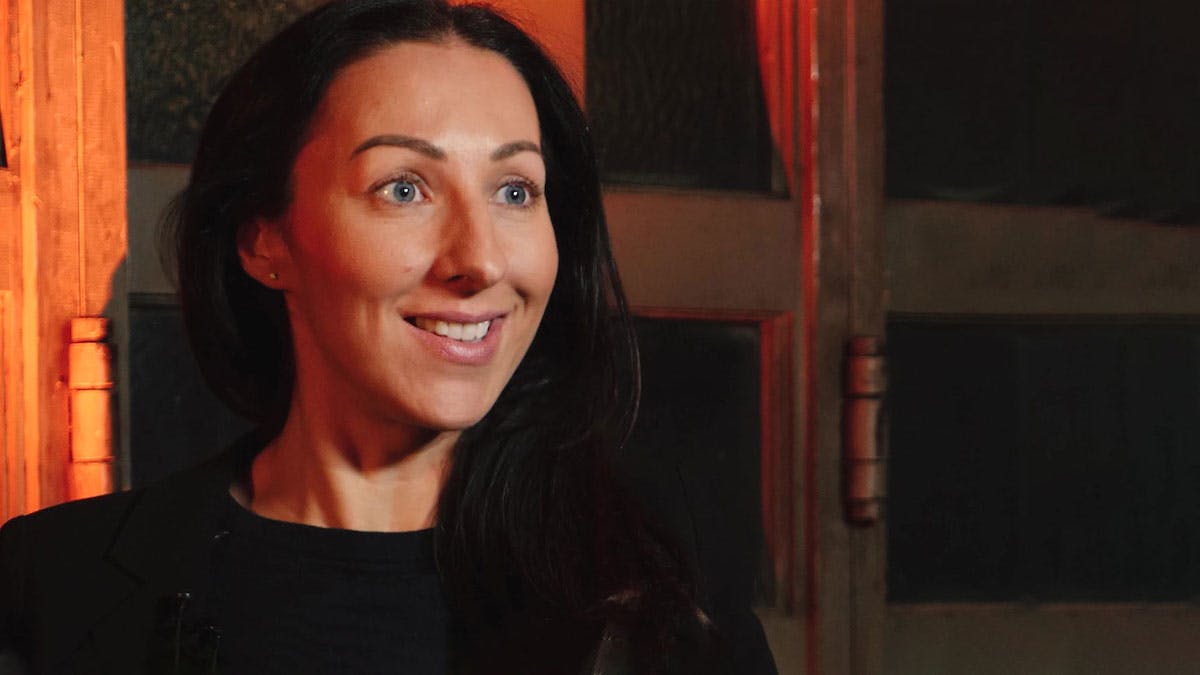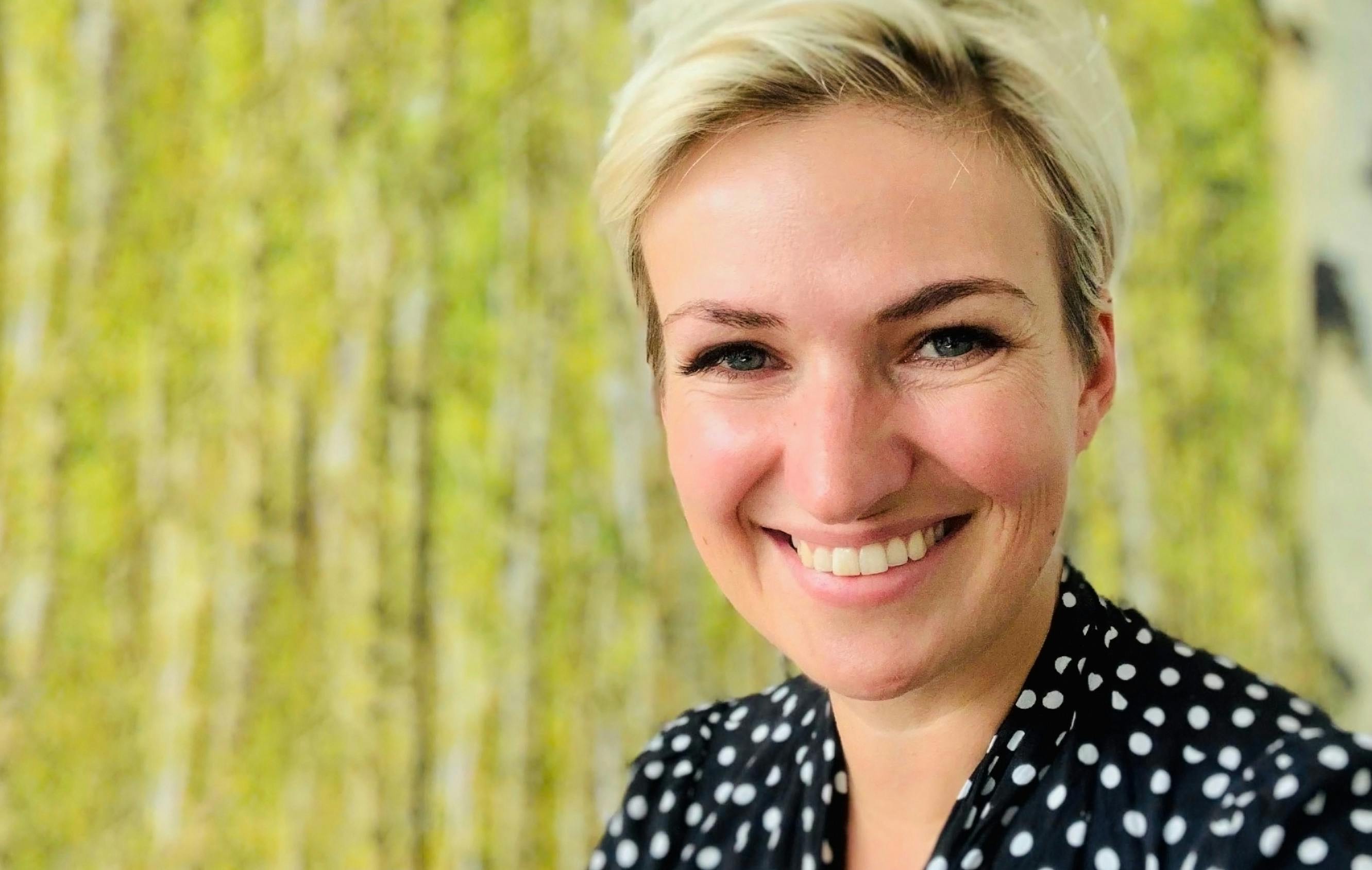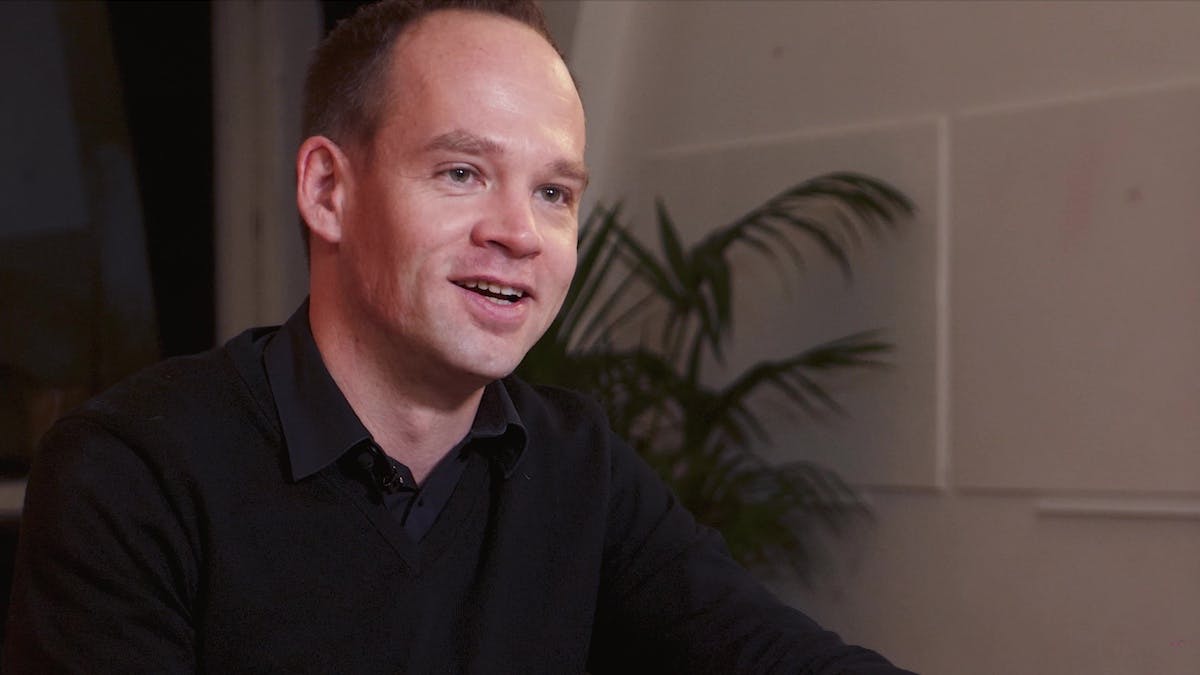Lemoncat CEO Doreen Huber on how to build a marketplace success story
Doreen Huber discusses Lemoncat’s success story from the moment the idea was born.
Published on
Last updated on

Welcome to episode 2 of The Backstage. In this video interview series, we bring you backstage chats with leading marketplace experts.
It took Doreen Huber only a year to grow Lemoncat into the largest catering platform in Germany. In this episode of The Backstage, Huber discusses Lemoncat’s biggest challenges and the lessons she has learned building a marketplace success story. Huber also reveals how she is preparing her company for the next stages in their growth.
When Doreen Huber, founder and CEO of Lemoncat, was working at Delivery Hero, her team often opted for using the platform to order lunch for bigger groups. The offering, however, mostly consisted of pizza and sushi. Huber started thinking that the experience really wasn’t optimal for businesses.
Later, Huber had the chance to work closely with several startups in the Bay area in the U.S. She noticed that fantastic meal options helped businesses keep their people motivated and improve communication around the office. Huber put two and two together and decided to start Lemoncat to provide companies with more options from state-of-the-art caterers.
We asked Huber to tell us how she got from a great marketplace idea to where the business is now—the largest catering platform in Germany with big plans for the future.
Pressed for time? Here are our three main takeaways.
- Focus on great inventory. From day one, Lemoncat concentrated on building great supply, scaling it, and maintaining a good balance between supply and demand. Huber learned that making providers happy right after onboarding them is crucial. The sooner the fresh new providers get their first customer through the platform, the more certain they are to be convinced of the benefits and stay.
- Provide a service. Lemoncat doesn’t only bring caterers and businesses together—the company aims to digitalize the catering industry. To achieve this, they focus on two things. First, they developed their platform to offer the caterers a useful software service to run their business with. Second, they work actively to drive up monthly active usage and user engagement.
- Get it right first. Huber says Lemoncat has been built with international expansion in mind. But, she first wants to make sure that they’re getting it right in their home market. That means working on their unit economics, marketplace metrics, and KPIs and making sure customers have a really great experience on their platform. Expanding, too, should be done well from the start. Lemoncat recently expanded to Austria, which allowed the company to test how their processes scale to a new market.
More of a reader? You can find a full transcript of our interview with Doreen Huber below. The transcript is lightly edited for an enjoyable reading experience.
Hi, my name is Doreen. I'm the founder and CEO of Lemoncat, which is a marketplace for online catering.
We try to bring together really cool, state-of-the-art, local caterers that provide modern, cool food with business customers. We do not work with private customers, we only serve companies.
Previously, I was part of the Delivery Hero team. I started in 2010 together with the Lieferheld team in Germany for online food ordering and takeaway food. So I'm not new to the food industry.
I was, back in the day, already thinking a lot about better food for employees. When we had bigger groups together, we were always ordering from our own platform, and it was always pizza and sushi. And at some point, I felt like, "It's not really a great experience for bigger groups." That was the first moment when I thought about maybe doing something in the catering space.
After Delivery Hero, I was working a lot in the US, in San Francisco and the Bay Area. I was investing in US companies and supporting them to go international. And I saw all those fantastic start-ups, you know, in the motherland of start-ups. And they had such fantastic kitchens for their people, catering for breakfast, for lunch and so on, to keep people motivated, keep them in the office, and, especially, to improve communication.
So that was for me, I think, the moment when I thought, "Okay. Now, I really have to check it out and I have to see if there's anything in Europe yet." And that was the moment when I decided to start Lemoncat.
Building the platform is, like always in a tech start-up, a challenge. It's the biggest challenge. To come up with the right product, the right features, and also the right technology and software.
We started very attached to Salesforce.com. So, we were using parts of the Salesforce.com platform. And then, once we had our product/market fit and had a good understanding of what the customers wanted, we realized that we need to move away from Salesforce.
We started building all of our parts outside of Salesforce—the technology parts. We are still Salesforce users for the CRM part, but we decoupled it. Now, everything is basically our own product. We build it ourselves.
I already had my Delivery Hero experience, so I was pretty aware that good supply, good choice, good coverage in different cities would impact the conversion rate. So, we were focusing on having great inventory, great supply from day one. And also having a good choice and scaling that.
Pretty quickly after launching—I think, a good year after we launched the platform��—we were already the largest platform in Germany. We now have 500 caterers and 400 cities. We have a very good coverage. So this supply-and-demand balance was, also for us, a very important challenge.
In the early days, I met with one of the Booking.com founders, the Booking.com CMO, and it was very great talking to him. He was a great mentor.
He told me that whenever they were onboarding a new hotel, they try to give that hotel a new order within the first hour. I thought, "Oh my God. That is a fantastic benchmark. I don't know if we can make that happen."
He said, when you onboard supply, you have to make them happy because otherwise, they go away. They don't hear anything from you for months, and then they start thinking, “Oh. I'm not so sure about Lemoncat. Nothing is coming from these guys.” So that, for us, is also a big challenge: to onboard the right caterers and also make sure that they get requests and orders from us. That was, I think, the biggest challenge from kicking off.
From the technology side, I think it is always a challenge that your platform is never down, that it's very reliable. These kinds of things, I think, are super important for every founder. I remember, in previous companies, when we started with TV ads or massive marketing campaigns, we sometimes went down for a couple of days, which is always a horrible scenario for everyone in the company.
That's why I think that was one super important focus for Lemoncat. And so far, we did a very good job, and we haven’t been down for longer than maybe 10 minutes or so. So we have very good reliability, that's pretty cool.
Well, Lemoncat is now two years and two months old—in September, we celebrated the second birthday—so it's still very early. It's not that we have no problems anymore. Every day, there are the same challenges or new challenges.
But the biggest challenge today, I would say, is really making sure that when we bring caterers on board, that we onboard them properly. In the beginning, I think we just brought them on board. We were happy when they signed the contract with us.
We just launched our real software as a service for the catering industry. For us, it's a big, new product line we launched. That is now the new challenge for us, to make it work as well as the marketplace.
We are focusing now on monthly active users, on engagement, on how they are using the platform, and so on. Because we believe that only by bringing the two components together will the market be truly digitized at some point. So that's our biggest challenge right now—to really digitize the catering industry, from both sides, the supply and the demand.
Lemoncat is currently in two countries: Germany and Austria. We would love to internationalize, of course. We built the platform, from day one, so that it can go international at any time.
That's why we also launched in Austria: to see how fast would we be able to scale all the processes. Can we just plug and play what we did in Germany and install that in Austria? So that was a very important learning for us.
But I'm a big fan of getting your unit economics and KPIs right first before you go to five or ten markets. That's our main priority. We would love to go international; we want to be a very important player in the international catering marketplace scene. So we have big plans, but we also want to do it right—that Lemoncat is a proper tech product, and that everything works, and the customer has a fantastic user experience.
This is the second episode in The Backstage interview series. The series has 13 episodes featuring marketplace industry heavyweights like Mathias Ockenfels, Josh Breinlinger, and Ben Narasin. For more great content on marketplaces, sign up for the Marketplace Academy newsletter.
You might also like...

PaulCamper’s community-building playbook for marketplaces
PaulCamper's COO Julia Wadehn shares her best marketplace community-building strategies and explains how they have helped boost PaulCamper's growth.

The marketplace business model guide
Learn how the marketplace model works and brings benefits to all parties involved: the sellers, the buyers, and the marketplace owner.

Makerist founder Axel Heinz on how to validate a marketplace idea
Axel Heinz’s story proves that you can prevalidate your marketplace idea extremely affordably. And that you should.
Start your 14-day free trial
Create a marketplace today!
- Launch quickly, without coding
- Extend infinitely
- Scale to any size
No credit card required
